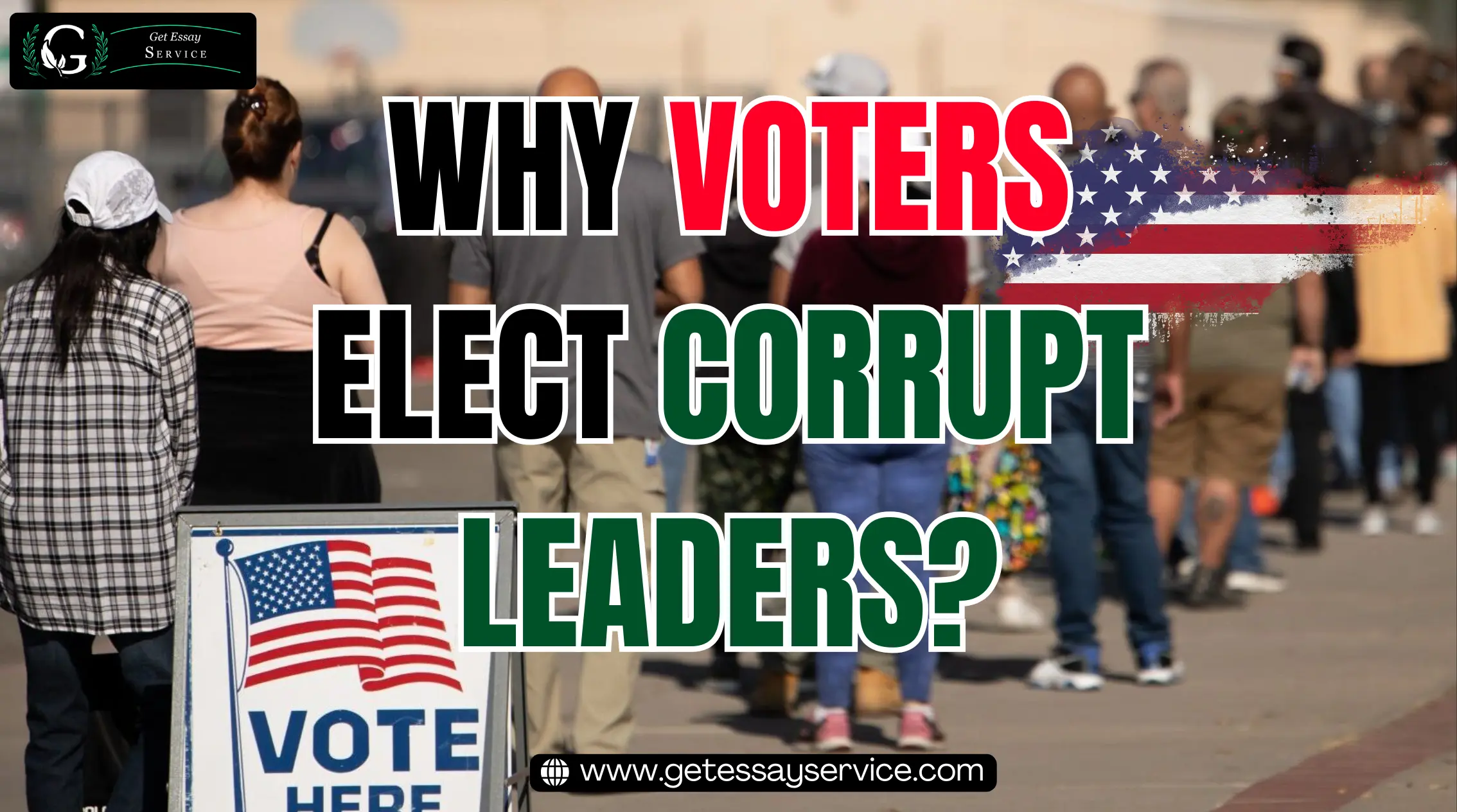Why Politicians with Criminal Records, Like Donald Trump, Maintain Strong Support: A Look at Global Trends
_1731477903.webp)
The year 2024 saw nearly half of the world’s population participating in elections across 64 countries. However, the most anticipated elections, the U.S. presidential election, are over, which saw Donald Trump securing a second term. His victory over Democratic challenger Hillary Clinton has captured global attention. The Economist described Trump’s win as one of the greatest dangers of 2024, signaling a potential turning point for the nation and global economy.
Trump's Political Resilience
Trump focused on addressing America’s most pressing issue- inflation. His political movement, "Make America Great Again" (MAGA), continues to resonate with a large segment of the population, especially among younger voters. Despite his controversial background, which includes 34 criminal convictions and two impeachments, Trump has managed to maintain a fervent following of young voters, largely due to his bold, unconventional approach to politics.
Kamala Harris, on the other hand, struggled to generate the same level of excitement in the crowded political landscape, despite her political experience and well-reasoned policy proposals. Such categorization of voters is called voter polarization.
Voter Polarization and Support for Criminalized Politics
The prevalent voter polarization, as noted in the case of US presidential elections 2024, brings forth a need of critical examination of pattern of crime in politics and political leaders having criminal records- and why people continue to support them.
The criminalization of politics is the phenomenon of electing leaders with criminal backgrounds. The recent reelection of Donald Trump is also part of the larger recurring pattern among political leaders globally. Several factors contribute to the trend.
Why Criminal Backgrounds Do Not Deter Political Power
The research has identified weak institutions, public perception, financial means, cultural acceptance, and electoral ecosystem with criminal backgrounds to ascend to political power.
In nations with weak political systems, such as Mexico, preventing people criminals to gain power has been difficult. In such cases, the electoral system leads voters to pick the “lesser of two evils”, as noted in the case of 2024 U.S. elections, where Republicans supported trump even if he convicted, saw him as a preferable choice over other contenders.
Political loyalty also outweighs legal encumbrances. People with criminal backgrounds, such as Silvio Berlusconi, the former Prime Minister of Italy, was convicted for tax fraud, bribery, and corruption, but still remains a prominent figure in Italian politics.
Lawrence Bishnoi, a notorious gangster in India, with a lengthy criminal record of murder, extortion, and various violent crimes, has been offered candidacy for state elections. Bishnoi gets this right under the right to equality enshrined in Article 14 of the Indian constitution, where everyone, regardless of their colorful criminal background, gets a shot at public office. Truly, democracy, at its finest, where everyone is equally qualified.
Omar al-Bashir ruled Sudan from 1989 until his ousting in 2019. He was indicted by the International Criminal Court (ICC) on charges of war crimes, crimes against humanity, and genocide related to the Darfur conflict. Despite this, al-Bashir remained in power for three decades, partly due to loyal military support and a strong network of political allies.
In some cultures, political deviance is widely accepted, with skepticism toward institutions like the judiciary framing political misconduct as part of the “dirty game.”
Former Montgomery Mayor Marion Barry also exemplifies this, maintaining support despite legal issues. Populist movements further normalize support for leaders with criminal records, as these candidates are often seen as bold "outsiders" challenging the political elite. Selective memory allows voters to overlook misdeeds if they believe a leader serves their interests, as seen in the continued support for Greg Gianforte despite legal issues surrounding an assault charge, as his political agenda resonated with his constituency.
Is It “Okay” for Leaders to Have Criminal Records?
In polarized political environments, legal challenges are perceived as politically motivated, hence, reducing the impact of criminal records on a politician’s reputation. In other cultures, criminal records are believed to be an extension of the political rivalry.
Critics also argue that an honest leader may not have the tough element needed to tackle complicated issues within a country. Sometimes, forceful actions are required; however, this does not mean we should deliberately choose leaders with criminal backgrounds. Ideally, what we need is tough leaders with strong moral grounds.
Conclusion:
The widespread support for politicians like Donald Trump, despite criminal records, is part of political, cultural, and generational shifts. Young voters, drawn to authenticity, anti-establishment rhetoric, and social media engagement, are willing to overlook legal issues in favor of a leader they believe understands and represents their struggles.
While some argue that criminal politicians can be effective representatives due to their lived experiences, the overarching implications of criminal conduct in political leadership raise serious ethical and practical concerns. Given the risks of eroding public trust and the potential for abuse of power, it is not correct for political leaders to engage in criminal conduct.
Copyright © 2026 getessayservice.com

